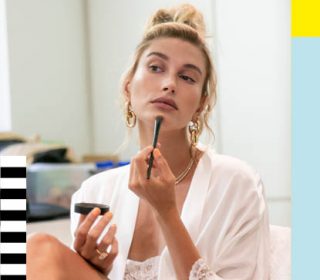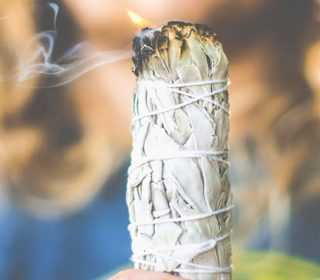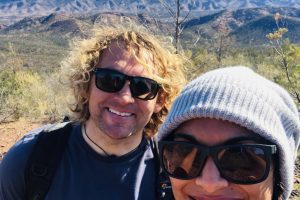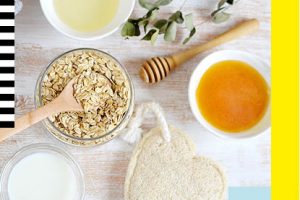An expert’s guide to CBD
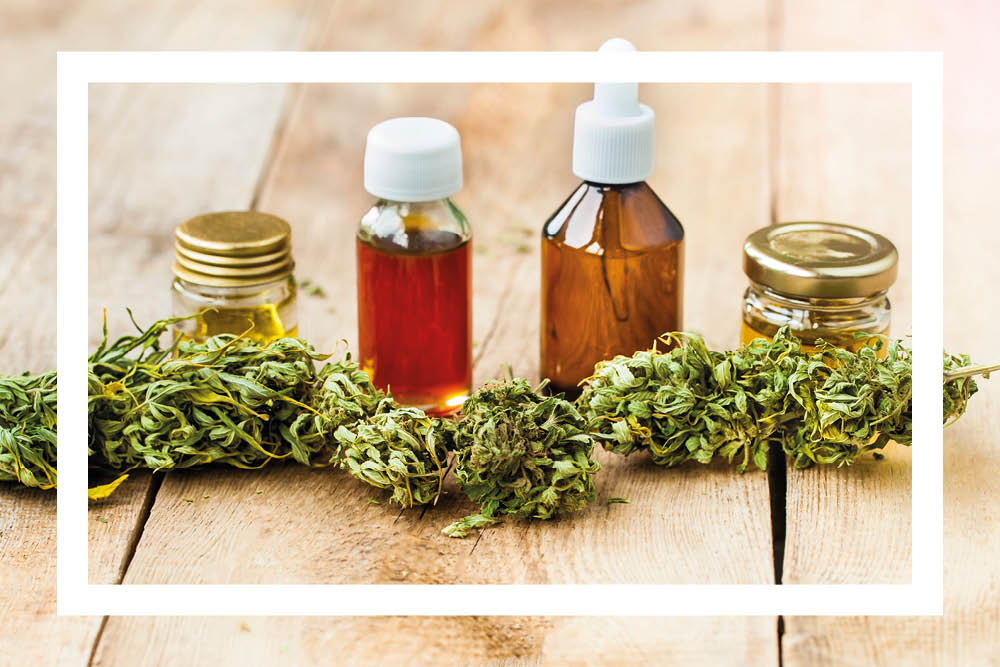
During the past few years, the oft-uttered phrase “CBD” has become a wellness buzzword in amongst other such words as “gut microbiome”, “keto diet” and “celery juices”. During the rise of this “CBDiction”, you might have wondered how (and if) CBD actually works.
As a trained medical doctor with years of experience in reading scientific publications, I can assure you right now CBD is not an easy topic to get your head around. From the possible health applications to understanding dosage issues, the information available online is almost infinite, and very inconsistent. So, let me introduce you to CBD; a plant with the recorded medical use of more than 5,000 years…
MISSION CONTROL
Cannabidiol, better known as CBD, comes from the cannabis plant and it is the second most abundant of the 144 phytocannabinoids found in the plant. CBD was discovered in 1940, but it wasn’t until Professor Raphael Mechoulam, the Godfather of cannabis research, uncovered the endocannabinoid system in 1992 that we started to understand how cannabis works in the human body.
The endocannabinoid is part of our nervous system, and one of the most important regulatory systems in our body. You find this working in our brain, gut, immune cells, reproductive organs and even in our skeleton.
We produce endocannabinoids in our body, a signal molecule that binds to the docking sites (receptors) and controls the endocannabinoids system. CBD and other cannabinoids work by binding to the endocannabinoid receptors, thereby modulating processes controlled by the endocannabinoid system like sleep, mood, memory, pain, appetite, reproduction and muscle tone.
A TON OF RESEARCH
Research into Cannabis has been happening for almost 100 years. The question is, where do we have the best clinical evidence supporting the benefits of CBD?
One of its most well-documented effects is its amazing ability to act as an anti-convulsant (decreasing seizures). This property has also been one of the main factors driving CBD and medicinal cannabis to the point where we are today; no government with respect for itself would let children with treatment-resistant epilepsy suffer in vain. This was the exact reason why medicinal cannabis became legal in the UK in November 2018, even though patient access is still minimal.
Let’s jump to another potential application for CBD. Have you ever felt like your head was full of worries about the future, or ruminations about the past? If so, you might have experienced one of the most common mental health issues around today; anxiety. I believe anxiety and stress are some of the major categories where CBD can offer a potential reduction in symptoms.
REAL RESULTS
You can conduct research in multiple different ways, but the gold standard are randomised controlled trials (RCT). Most drugs prescribed today have been tested in this way.
These studies are often expensive and difficult to carry out, and it is safe to say we do not swim in RCTs when it comes to cannabis. However, in an RCT study from 2011, patients with social anxiety disorder (SAD) were either given a dose of CBD or a placebo drug. The participants then took part in a social speaking simulation, and their anxiety levels, measured by different parameters were assessed.
The group who received CBD showed significantly lower levels of anxiety than the placebo group. Participants here were given a single 600mg dose of CBD before the speaking test. Most people who use CBD today take much smaller doses, but more regularly.
These are just a few of many published studies (and there are currently in excess of 800 more underway). The question is whether CBD will be integrated into the western medical systems or stay as a food supplement, as it is today?
As more high-quality evidence appears in the coming years, our conservative medical profession will have to open up to the many benefits that people across the globe are already reporting when using CBD. Some necessary steps that need to happen in this process are that all medical schools start teaching about the endocannabinoid system and the effects of cannabis on different medical conditions. This will be one of the first steps in giving health care professionals the confidence to prescribe it.
We are only at the beginning of the journey and of late, there has been a massive shift in general consumer and patient consciousness: CBD is part of this movement. I hope we will soon be able to witness this holistic approach transmute itself into the medical profession. We need to start seeing our patients as more than symptoms from isolated systems and acknowledge how the mind and body work together in a fine balance, in order to keep us all healthy and happy.
BEFORE YOU GET YOUR FIRST CBD, DO YOUR RESEARCH…
• Why do you want to try CBD? Is it for anxiety, pain, skin care or as a general supplement?
• Next, you have to decide which application method to use. For localised pain, you might want to get a topical product like a crème or a salve. People with anxiety often use oil or vape
• If you want to be sure not to get any Tetrahydrocannabinol (THC, the psychoactive big brother of CBD which gets you high) you should go for an oil-based CBD isolate. If you wish to get the effects from terpenes and other cannabinoids in the plant, choose a broad spectrum. Full-spectrum is not allowed in the UK as it contains THC, which is an illegal drug
• Buy your products from a trusted source with experience in curating CBD products, and choose an established brand with quality control and third-party testing. All major brands should be able to provide this information, or have it available on their website. If not, contact them so you know what you buy is what you get
• Start low and go slow. I usually recommend starting with a low dose (5-10mg, twice per day). Eventually, increase this to between 100-200mg of CBD per day. Most importantly, you have to experiment until you find the right dose – we are all different when it comes to CBD.
Dr Julie Moltke is a medical doctor with a focus on mental health, stress management, and the medicinal cannabis industry. She believes in personalised and functional medicine and sees every client as an individual, with a holistic approach to health and wellbeing.






